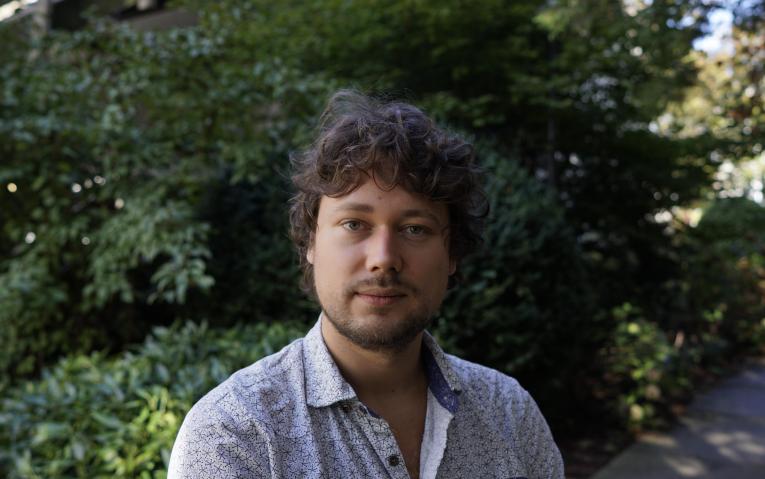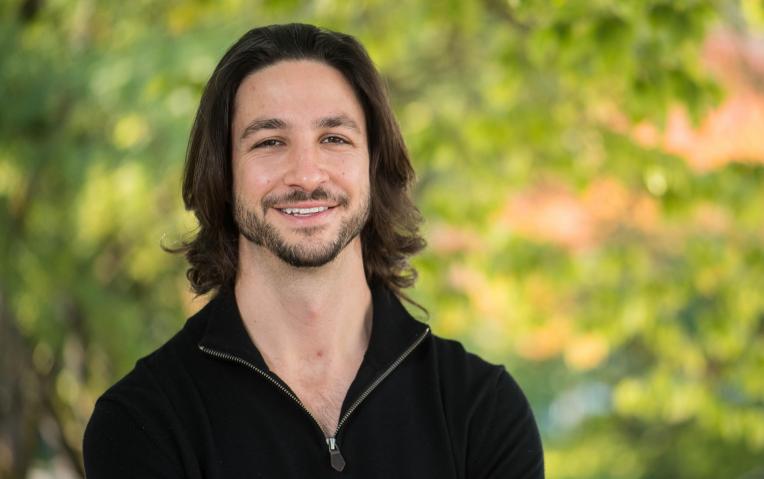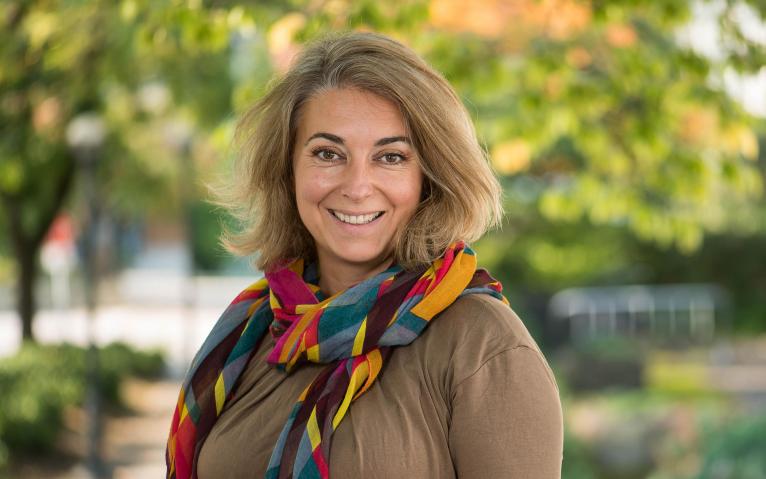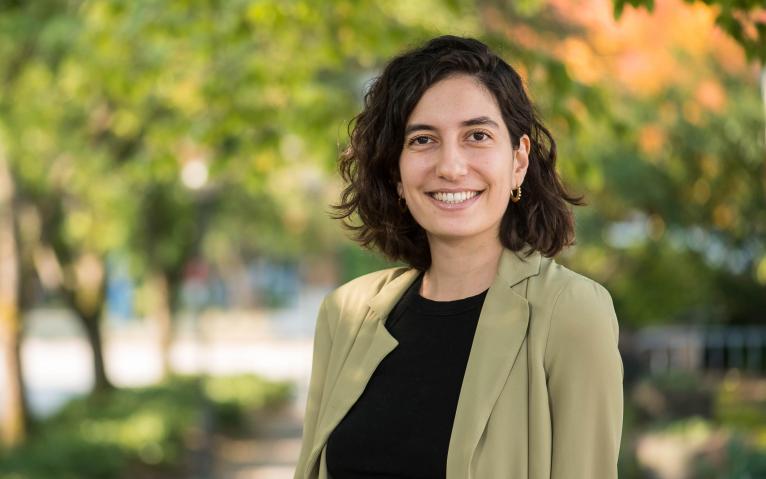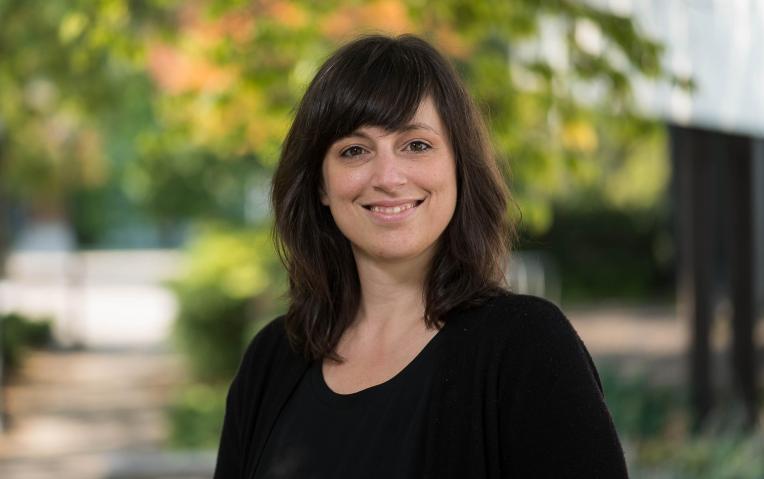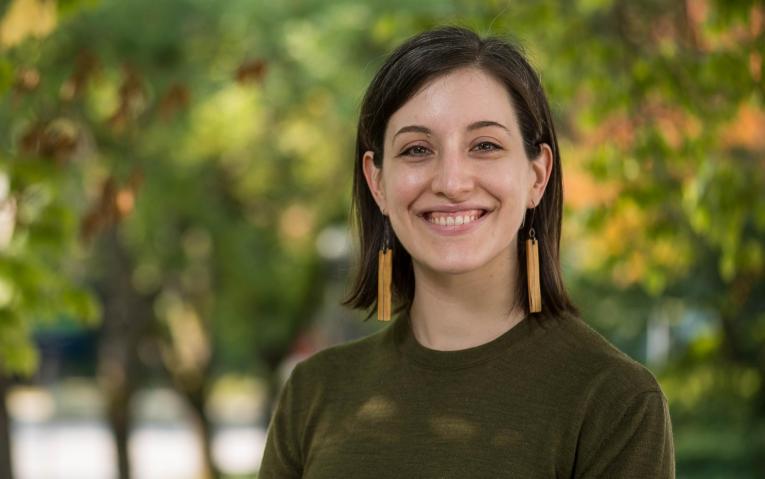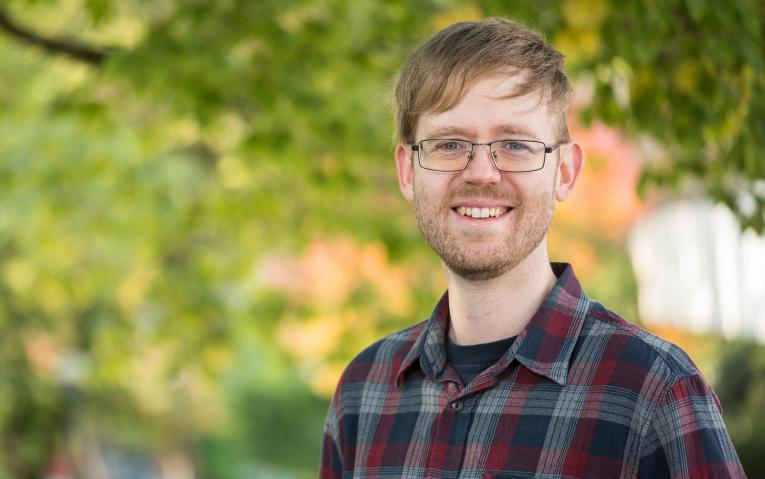The Faculty of Arts at UBC is internationally renowned for research in the social sciences, humanities, professional schools, and creative and performing arts.
As a research-intensive faculty, Arts is a leader in the creation and advancement of knowledge and understanding. Scholars in the Faculty of Arts form cross-disciplinary partnerships, engage in knowledge exchange, and apply their research locally and globally.
Arts faculty members have won Guggenheim Fellowships, Humboldt Fellowships, and major disciplinary awards. We have had 81 faculty members elected to the Royal Society of Canada, and several others win Killam Prizes, Killam Research Fellowships, Emmy Awards, and Order of Canada awards. In addition, Arts faculty members have won countless book prizes, national disciplinary awards, and international disciplinary awards.
External funding also signifies the research success of our faculty. In the 2020-2021 fiscal year, the Faculty of Arts received $34.6 million through over 900 research projects. Of seven UBC SSHRC Partnership Grants awarded to-date, six are located in Arts, with a combined investment of $15 million over the term of the grants.
Since the 2011 introduction of the SSHRC Insight Grants and SSHRC Insight Development Grants programs, our faculty’s success rate has remained highly stable, and is consistently higher than the national success rate.


